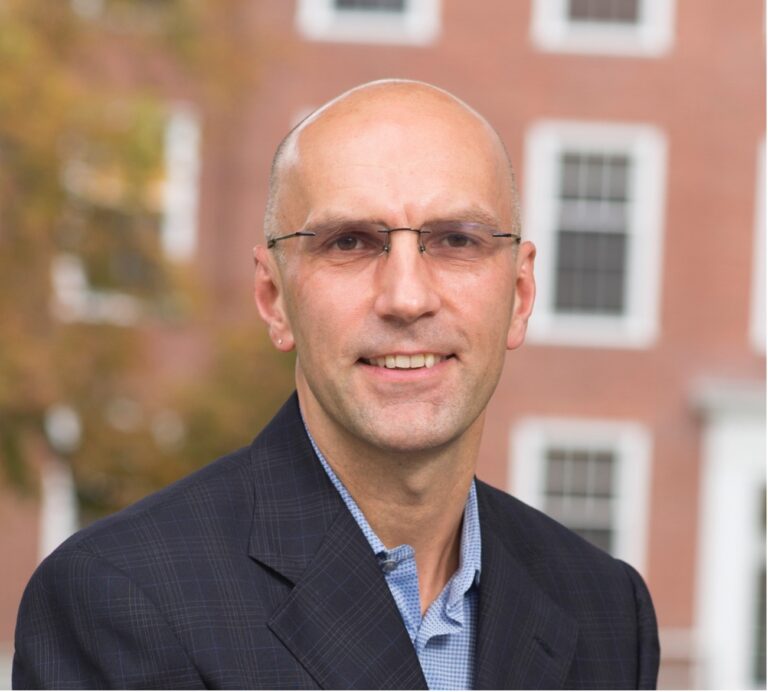Hans Tutschku : Special Lecture
Talk and concert at the University of the Arts Tokyo
Date:2024/05/28(Tue)
13:00 ~ Lecture(Lecture Room 2)
18:00~ Concert (Studio B)
* The program is about 50 minutes. We could repeat it once more.
Venue:Tokyo University of the Arts, Senju Campus, Lecture Room 2 & Studio B
Description
Artificial intelligence has recently captured widespread attention, yet musicians have used its capabilities for approximately two decades. The presentation will highlight applications in my artistic practice within electronic and instrumental composition. More specifically, it will explore my MaxMSP environment, based on FluCoMa, for clustering vast sound libraries to create a studio-performance tool with multichannel sound spatialization. These tools shaped a series of recent electroacoustic works: spaces: high-pressure, provenance-émergence, and moving matter.
Concert
The program is about 50 minutes. We could repeat it once more.
Provenance-émergence
24-channel electroacoustic composition
year: 2022, duration: 18:45 min
studio: Harvard University Studios for Electroacoustic Composition, GRM Paris
first performance: October 29, 2022 , GRM, Maison de la Radio, Paris
This composition takes us on a path inside. Fragments of dreams and memories meet in a vast space full of dynamic movements. We fly, swim, dive in an unknown medium between air and liquid. In three slow, big waves, individual voices become more apparent and offer connecting points between the other elements.
Spaces : high pressure
24-channel electroacoustic composition
year: 2021, duration: 10:55 min
studio: Harvard University Studios for Electroacoustic Composition
first performance: November 13, 2021 , Folkwang Universität der Künste Essen
Improvised sound sequences with objects on a large frame drum explore the interaction of gestural energy and tonal richness. In the dialogue with recorded voices and instruments, layers of great intensity were created that move, meet, mutually reinforce, and erase each other in the multi-channel sound space.
Firmament – sleepless
16-channel electroacoustic composition
year: 2010, duration: 20.25 min
studio: Harvard University Studios for Electroacoustic Composition
dedicated to Omar Alvarez
first performance: July 29, 2010 , Festival Inventionen, Elisabethkirche, Berlin
published on CD Firmament, DVD 30 Jahre Inventionen
voice: Sarah Sun
A universe of sound is surrounding us ‘from within.’ It’s composed of our dreams, fears and longings. It only exists within our body, our own imagination. We want to share it; but there are no words, no possible descriptions. We are sitting on a meadow on a warm night, alone, watching the stars. Nobody is disturbing our thoughts. Nobody is limiting our space. We don’t have to rush anywhere; we have time to let go and to follow these sounding creatures… It’s not a nightmare; it’s just the interplay of our imagination.

Bio
Hans Tutschku is a composer of instrumental and electroacoustic music. In 1982 hejoined the Ensemble für Intuitive Musik Weimar and later studied theatre andcomposition in Berlin and Dresden (Germany), The Hague (The Netherlands), Paris (France), and Birmingham (England, UK). He collaborated in film, theatre, and dance productions and participated in concert cycles with Karlheinz Stockhausen. Since 2004 he has directed the electroacoustic studios at Harvard University (Cambridge, MA, USA).
Improvisation with electronics has been a core activity over the past 35 years. He is the winner of several competitions, among others: Bourges International Electroacoustic Music Awards (France), Concurso de Composición Electroacústica Destellos (Argentina), Concurso Internacional de Música Eletroacústica de São Paulo (CIMESP, Brazil), Giga-Hertz-Preis (Germany), Hanns-Eisler-Preis für Komposition und Interpretation zeitgenössischer Musik (Germany), Klang! (France), Prix Ars Electronica (Austria), Prix CIME, Prix Noroit-Léonce Petitot (France), and Musica Nova (Czech Republic). In 2005 he received the City of Weimar Culture Prize (Germany).
Besides his regular courses at the university, he has taught international workshops for musicians and non-musicians on aspects of art appreciation, listening, creativity, composition, improvisation, live electronics, and sound spatialization in more than 20 countries.